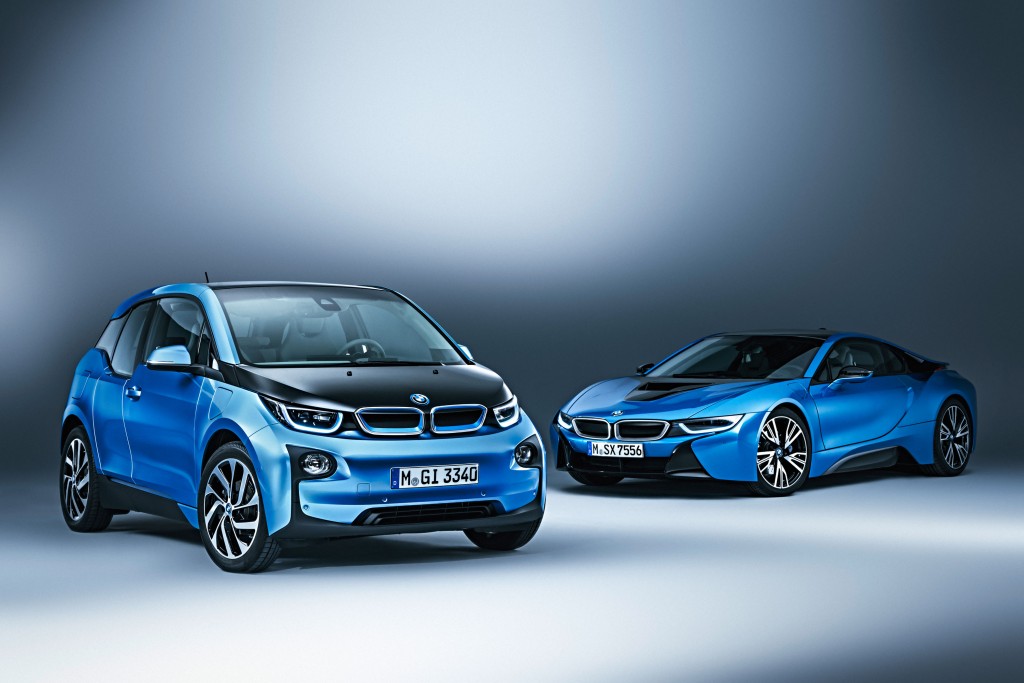Among German luxury brands, BMW was the first to show significant interest in electric cars.
It launched its "i" sub-brand in Europe in 2013, and its plans have evolved to include adding all-electric powertrains to models within the main BMW brand in future.
That is part of an effort to grow sales of electric cars and plug-in hybrids significantly this year.
DON'T MISS: 2018 BMW i3 preview (including battery rumors)
These ambitious plans are buoyed by optimistic views among the company's executives, it seems.
"Soon, range will no longer be a differentiating factor" among electric cars, BMW CEO Harald Krüger said in a speech during a recent shareholder meeting.
"We are already concentrating on achieving an optimum balance between all relevant features: safety, range, and duration and life of the battery," he said.

2017 BMW i3
That indicates BMW hopes to achieve advances in battery technology that could increase the range of its electric cars.
The current BMW i3 is rated by the EPA at 114 miles of range with the larger of its two available battery packs.
It may soon be eclipsed by a crop of 200-mile mass-market electric cars, the first of which include the Chevrolet Bolt EV, Tesla Model 3, and next-generation Nissan Leaf.
ALSO SEE: BMW plans to sell 100,000 plug-in cars in 2017, CEO says (Dec 2016)
Krüger also noted that BMW is "keeping expertise in electric drivetrains, power electronics and battery cells within the company."
This reflects concern among both auto-industry executives and public officials in BMW's home country of Germany that electric powertrains will give too much influence to the suppliers that manufacture critical components, mainly battery cells.
Krüger said keeping things in house would also bring cost benefits.

BMW i8 hydrogen fuel cell concept
In addition to battery-electric cars, Krüger said BMW is continuing its work on hydrogen fuel cells for "larger model series and long distances."
BMW will produce a low-volume fuel-cell car in 2021, with wider availability in 2025, he said.
CHECK OUT: BMW's hydrogen fuel-cell vehicle getting closer to reality (Apr 2016)
By that time, all BMW powertrains with internal-combustion engines will also be fitted with 12 and 48-volt energy recovery systems," he said.
These so-called "mild-hybrid" systems are expected to proliferate as a more cost-effective way to meet stricter fuel-economy standards than full hybrid powertrains.

2017 BMW X3
BMW plans to expand its "i" sub-brand with a crossover called the i5 and a large sedan codenamed iNext, as well as a convertible version of the current i8 plug-in hybrid.
It will also add an all-electric Mini model in 2019, and an electric version of the X3 crossover in 2020.
READ MORE: Electric Mini officially confirmed by BMW CEO, also electric BMW X3 (Oct 2016)
This year alone, BMW hopes to sell 100,000 battery-electric cars and plug-in hybrids
That's the same amount it sold in the previous three years combined.
_______________________________________________












